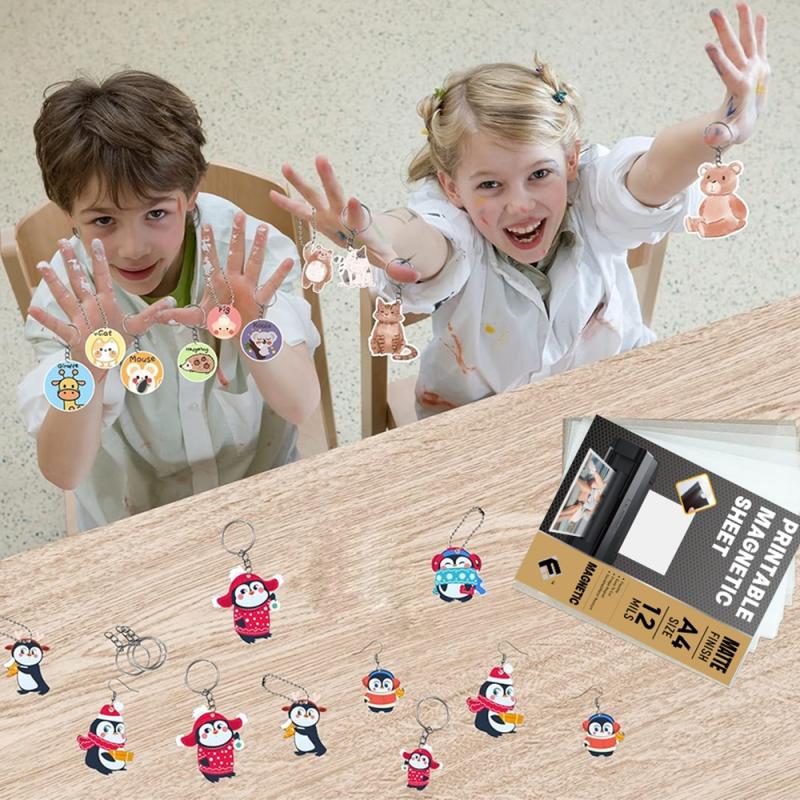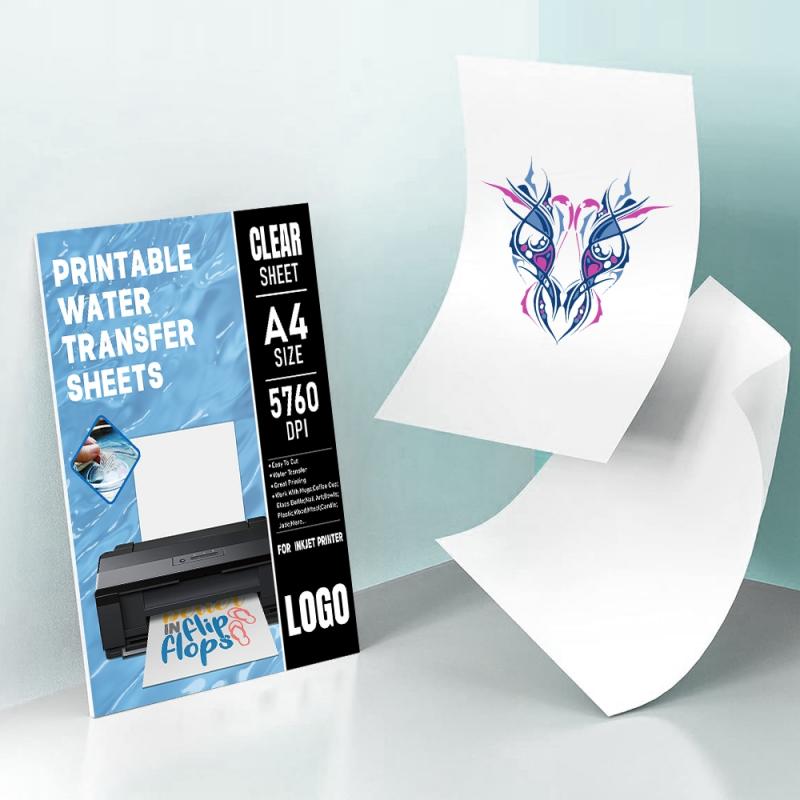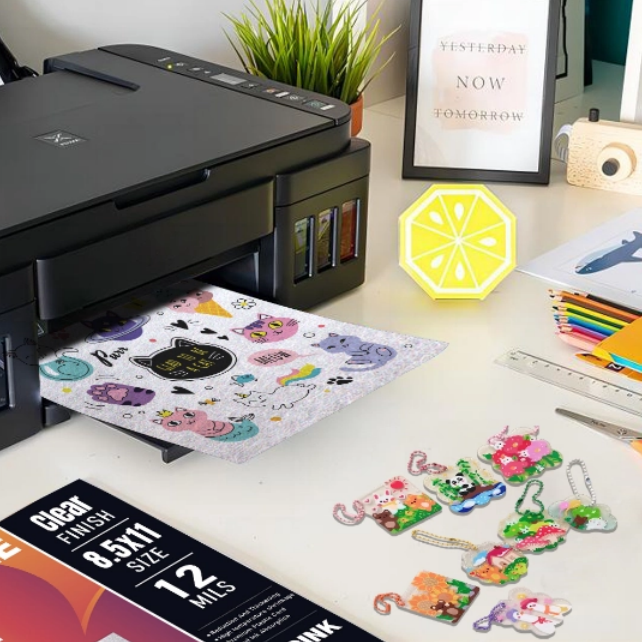
From Lab to Liquid Nitrogen: Low Temperature Sticker Secures Sample Identity at -320°F
By hqt
In the world of medical research and cryogenic storage, one small detail can make a big difference. That’s where the low temperature sticker comes in. Designed for extreme cold, these labels stay put even when temperatures drop to -320°F. Whether used in vaccine storage, stem cell research, or deep-freeze biobanking, they ensure every sample remains clearly identified and securely labeled.
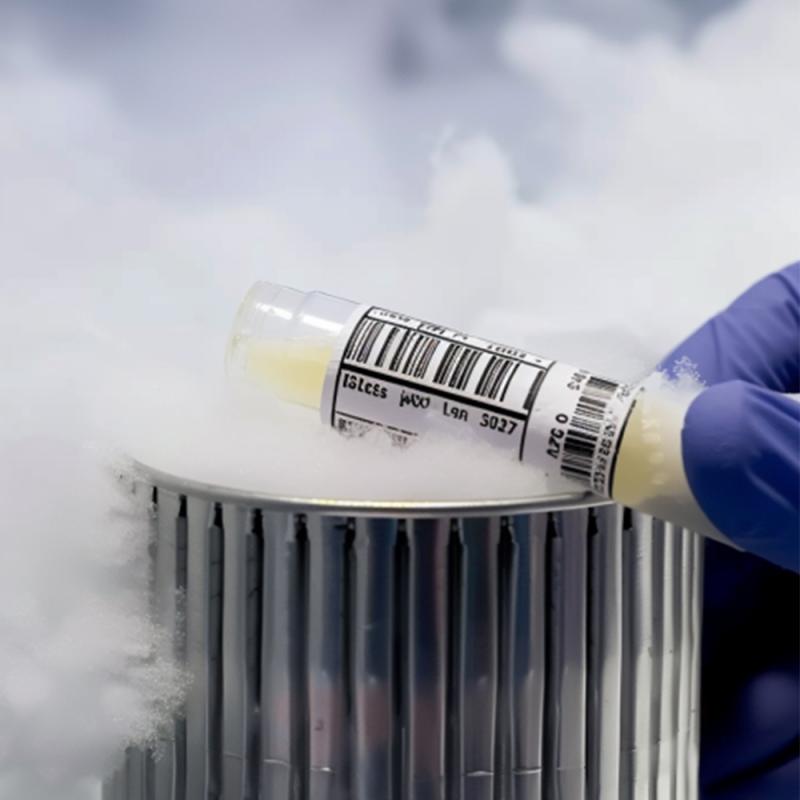
But what makes these stickers truly special? How can they survive such harsh environments without peeling, fading, or smudging? And why are more labs and pharmaceutical companies making the switch?
Let’s take a closer look at the science behind this cryogenic innovation.
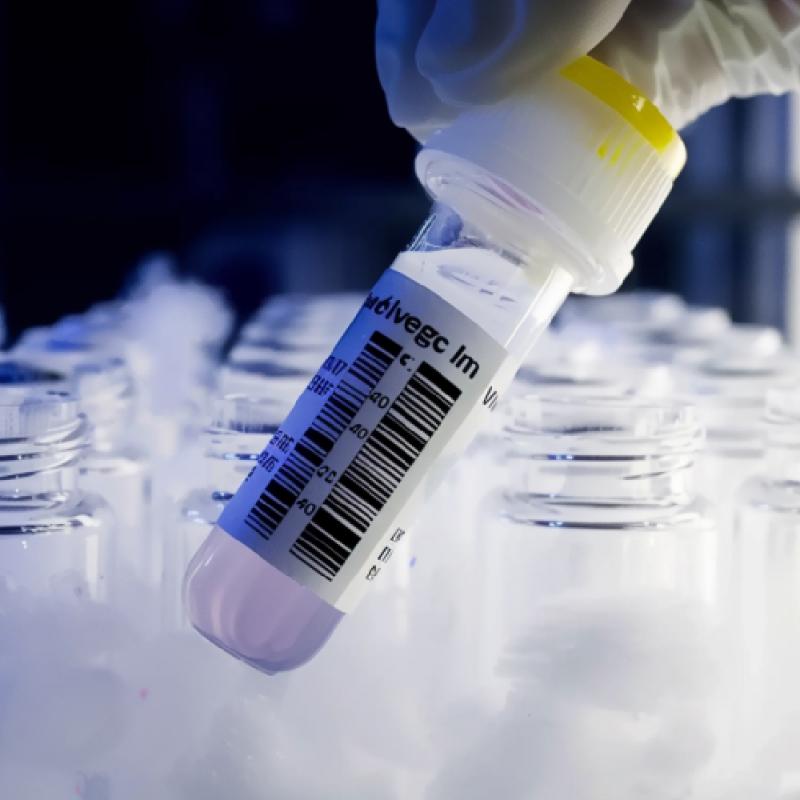
Introduction: From Lab to Liquid Nitrogen
The Cryogenic Labeling Challenge
In scientific and medical laboratories, accuracy and reliability are essential. Every sample, every vial, every test tube must be correctly labeled. But when these items are stored at freezing or cryogenic temperatures, standard labels often fail. They can crack, fall off, or become unreadable. This creates serious risks for sample tracking and research integrity.
Why Sample Identity Matters
Sample misidentification is more than just an inconvenience – it can lead to lost research, invalid test results, or compromised medical treatments. A single missing label can cause weeks, months, or even years of work to be lost. In environments where every sample counts, reliable labeling is non-negotiable.
A Simple, Powerful Solution: Low Temperature Sticker
That’s where the low temperature sticker comes in. Designed for ultra-cold environments, it adheres firmly to glass, plastic, and metal surfaces. It resists peeling, smudging, and breaking – ensuring that labels remain in place and readable, even in extreme cold storage.
The Technology Behind Cryogenic Performance
But how can such a small sticker withstand temperatures as low as -320°F (-196°C)? The answer lies in advanced materials and specialized adhesives. The low temperature sticker is not an ordinary label – it’s a cryogenic tool built to meet the demands of modern science.
The Cryogenic Challenge in Modern Science
Cold Storage Is Now Essential
Today, cryogenic storage is a standard in many industries. In pharmaceutical development, biotechnology labs, hospitals, and research institutions, materials like vaccines, stem cells, and DNA samples must be stored at ultra-low temperatures. Cold storage isn’t the exception – it’s the rule.
The Hidden Risks of Label Failure
Unfortunately, standard labels are not made for these harsh environments. They can crack under stress, detach during freeze-thaw cycles, or smear from condensation and chemicals. When labels fail, samples become untraceable. This can delay research, cause data loss, and increase operational costs.
The Critical Role of Low Temperature Stickers
The low temperature sticker was developed specifically to solve this problem. It stays firmly in place through extreme temperature shifts. Its surface resists frost, condensation, and chemical exposure. It is now widely used in vaccine storage units, cryo labs, stem cell banks, and clinical research settings – anywhere accuracy and cold storage intersect.
Unmatched Cold Resistance With the Medical Cryogenic Label
Meet the Medical Cryogenic Label
At the heart of this innovation is our specialized Medical Cryogenic Label. This high-performance low temperature sticker is engineered for cryogenic applications in medical, pharmaceutical, and laboratory environments. It is trusted by professionals who demand durability, accuracy, and long-term reliability.
Built to Survive -320°F
What sets this label apart? It performs in the harshest cryogenic environments – including liquid nitrogen storage at -196°C (-320°F). While most stickers would fail instantly, the Medical Cryogenic Label stays bonded and readable through prolonged exposure.
Made With Cryogenic-Grade Materials
Each low temperature sticker is made from carefully selected cryogenic-resistant films. These materials are designed not to shrink, curl, tear, or crack, even during repeated freeze-thaw cycles. The label remains fully intact, regardless of storage duration.
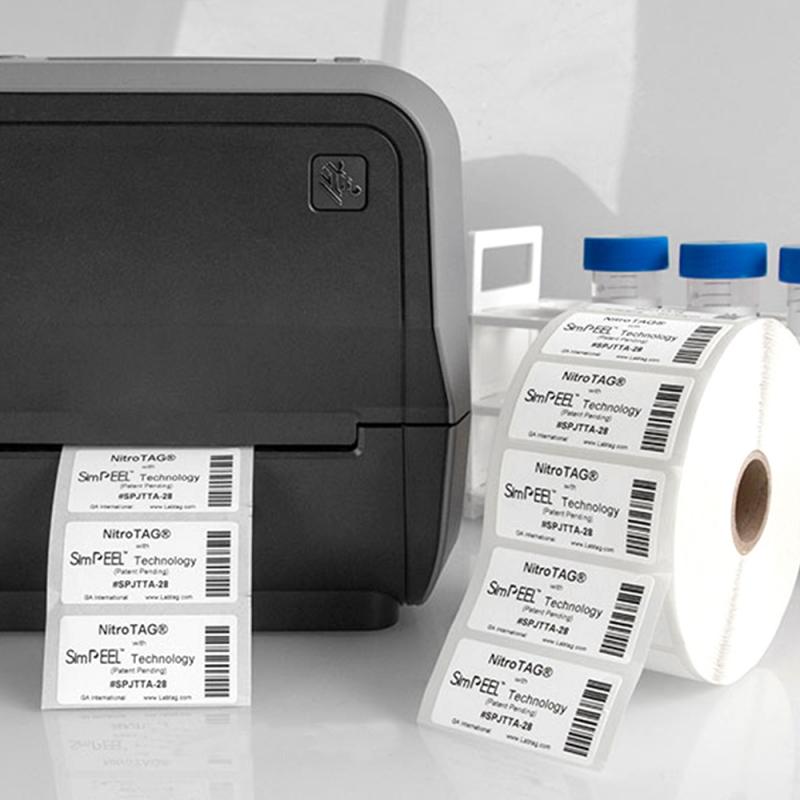
Designed for Long-Term Sample Tracking
Even after months or years in storage, the Medical Cryogenic Label maintains its clarity and adhesion. Text and barcodes remain smudge-proof and easy to scan. This is why it’s the preferred choice for labs that require accurate tracking, even under the most extreme conditions.
Built To Resist More Than Just Cold
Waterproof And Chemical-Resistant Protection
The low temperature sticker doesn’t only fight the cold. It is also built to resist moisture and chemical damage. In labs, samples often face frost, condensation, and chemical exposure. A weak label will smear or fall apart. But our sticker stays strong and clear.
Tough Against Condensation And Ethanol
These labels work in humid conditions. They do not lose adhesion when exposed to frost or condensation. They also resist ethanol and other common lab chemicals. This makes them ideal for use in pharmaceutical and research labs.
Smudge-Proof For Reliable Reading
Each low temperature sticker has a smudge-proof surface. Writing stays sharp. Barcodes remain scannable. Important data will not fade, even after chemical contact. Lab staff can trust that what they see is what the sample truly is.
Essential In Medical Environments
In medical labs and pharmaceutical production, there is no room for error. A faded or misplaced label can cause delays or mistakes. That’s why our stickers are used where clarity and safety matter most.
Adhesion That Endures Freeze-Thaw Cycles
Strong Cryogenic Adhesive Technology
The secret to long-lasting labels is in the adhesive. Our low temperature sticker uses cryogenic-grade glue. It bonds fast and holds firm, even when frozen solid.
Works On All Common Lab Surfaces
The sticker works on glass, plastic, and metal. It sticks to cryo vials, tubes, trays, and storage containers. No special surface prep is needed. Just apply and go.
No Peeling, No Falling – Ever
Even during repeated freeze-thaw cycles, the sticker does not peel off. It stays attached through the most intense lab conditions. There’s no need to re-label, saving time and avoiding mix-ups.
A Time-Saving, Error-Reducing Tool
In busy labs, speed and accuracy are key. A label that sticks the first time and stays put helps prevent mistakes. That’s why researchers and lab technicians trust this low temperature sticker.
Crystal Code‘s Commitment to Quality and Sustainability
Who We Are
At Crystal Code, we specialize in developing advanced labeling solutions for demanding environments. As the creators of the Medical Cryogenic Label, we focus on performance, safety, and reliability in extreme conditions.
Globally Certified Quality
Our products meet rigorous international standards, backed by certifications such as SGS, ROHS, and ISO. These credentials reflect our dedication to quality control and the safety of our low-temperature label solutions.
Driven by Innovation
Innovation is at the core of what we do. Our R&D team continuously enhances materials and designs to address real-world challenges in medical and scientific settings – from long-lasting adhesion to superior print clarity.
Sustainable by Design
We are committed to environmentally responsible manufacturing. By integrating eco-friendly materials wherever possible, we deliver sustainable labeling solutions that safeguard both your samples and the environment.
Trusted Worldwide
From research labs to multinational organizations, Crystal Code supports clients across the globe with responsive service and reliable products. Choosing us means partnering with a team that understands the critical demands of cryogenic labeling.
Protect What Matters – Try the Trusted Medical Cryogenic Label Now
The Medical Cryogenic Label is a reliable, versatile low temperature sticker built for extreme cold. It protects data, not just samples. Trusted by labs worldwide, it’s a smart choice for cryogenic labeling. Discover more innovative solutions from Crystal Code today.




